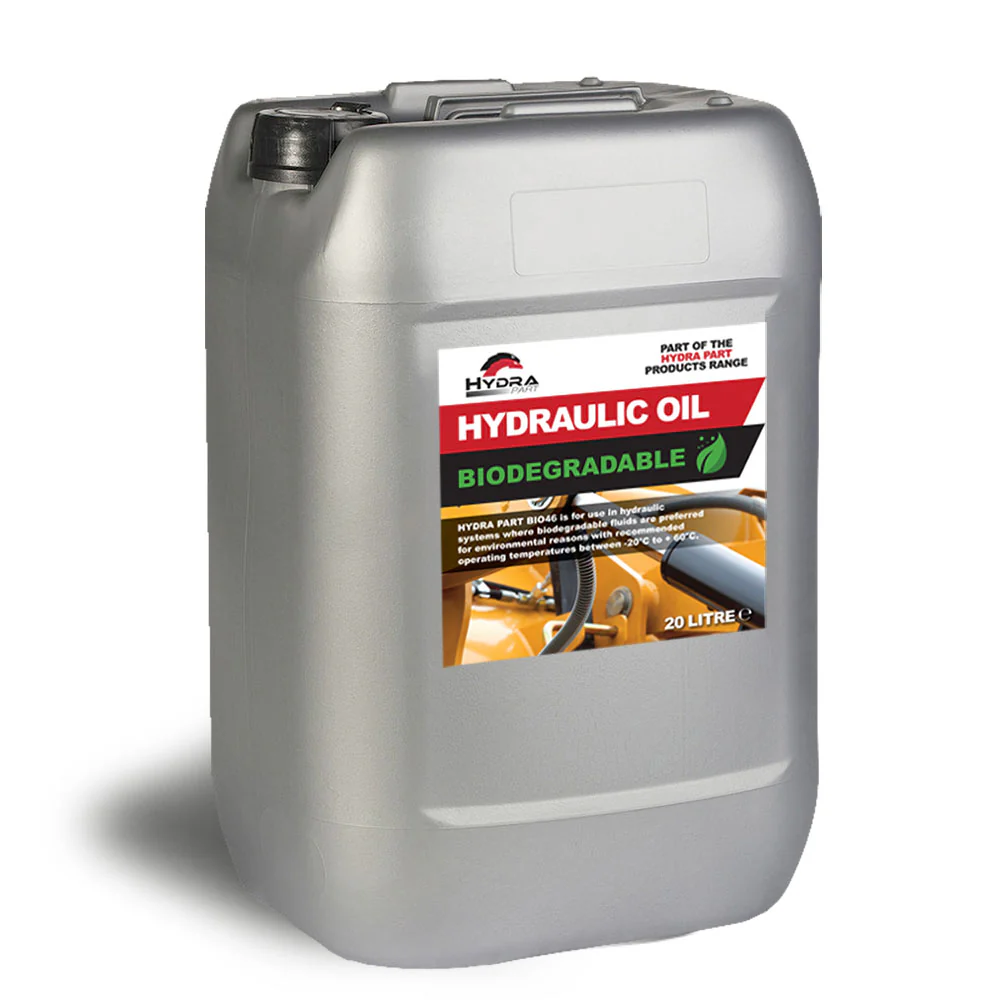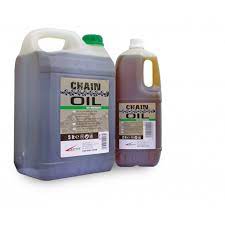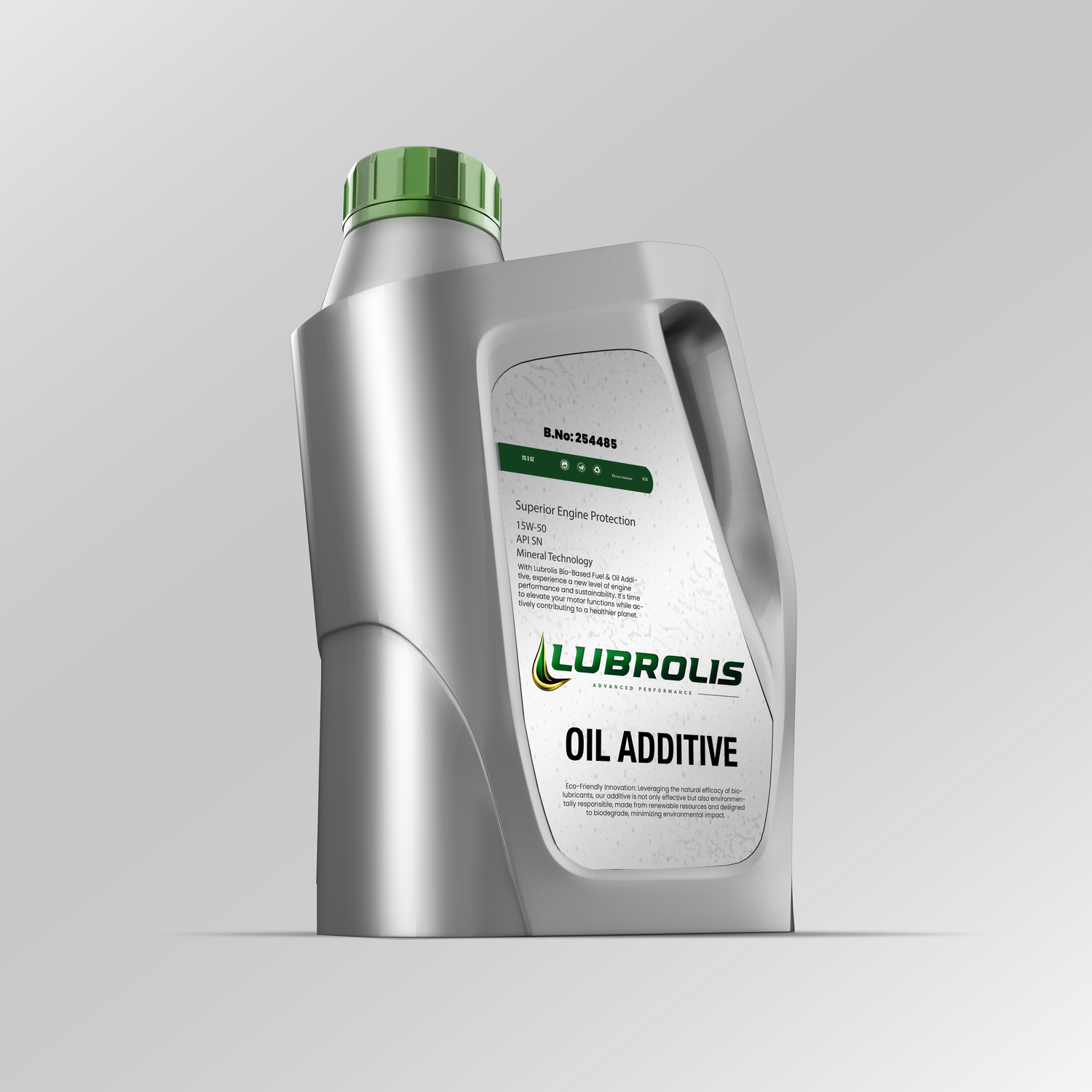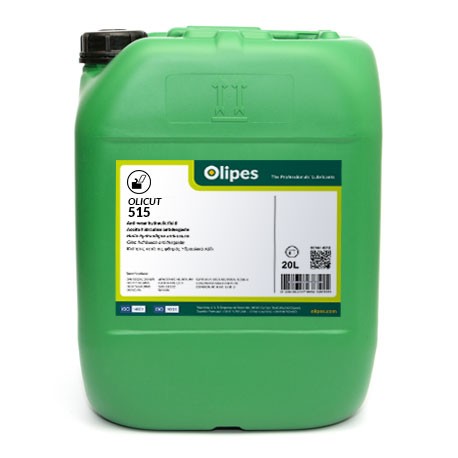Description
Greener Gears: The Rise of Biodegradable Oil Additives
For decades, the world has relied on oil-based lubricants and additives to keep our engines and machinery running smoothly. However, the environmental impact of these products, from sourcing to disposal, is becoming increasingly apparent. Luckily, innovation is driving a new era of “greener gears” with the emergence of biodegradable oil additives, offering a more sustainable solution without compromising performance.
The Problem with Traditional Additives:
Traditional oil additives, often derived from petroleum, pose several environmental challenges. They contribute to:
- Resource Depletion: Relying on finite fossil fuels for production.
- Pollution Risk: Potential contamination of soil and water through spills and improper disposal.
- Persistence in the Environment: Many additives are slow to degrade, accumulating in ecosystems and potentially harming wildlife.
- Toxicity Concerns: Some additives contain chemicals that can be harmful to human health and the environment.
Biodegradable Additives: A Sustainable Alternative:
Biodegradable oil additives are designed to break down naturally and quickly in the environment, offering a significantly reduced environmental footprint. These additives are typically derived from renewable resources, such as:
- Vegetable Oils: Common options include soybean, rapeseed (canola), and sunflower oils.
- Animal Fats: Rendered fats and other animal-derived oils can be used in certain applications.
- Biosynthetic Esters: Chemically modified vegetable oils designed to enhance specific properties.
Benefits of Going Bio:
The shift towards biodegradable oil additives provides a multitude of advantages:
- Reduced Environmental Impact: Faster degradation minimizes the risk of long-term pollution and contamination.
- Renewable Resource Utilization: Dependence on depleting fossil fuels is reduced, promoting sustainable practices.
- Lower Toxicity: Biodegradable additives often exhibit lower toxicity compared to their conventional counterparts.
- Improved Biodegradability: Meeting stringent standards like OECD 301 can minimize the impact on aquatic life and soil ecosystems.
- Potential Performance Benefits: Some biodegradable additives offer excellent lubricity, anti-wear properties, and oxidation stability.
Applications and Market Growth:
Biodegradable oil additives are finding increasing applications across various industries, including:
- Construction and Agriculture: Lubricating machinery used in environmentally sensitive areas.
- Marine Applications: Minimizing the impact of oil spills in oceans and waterways.
- Forestry: Protecting ecosystems from contamination during logging operations.
- Automotive Industry: Developing eco-friendly engine oils and transmission fluids.
- Industrial Lubrication: Reducing the environmental impact of manufacturing processes.
Driven by growing environmental awareness, stricter regulations, and increasing consumer demand for sustainable products, the market for biodegradable oil additives is experiencing significant growth.
Challenges and Future Outlook:
While promising, the adoption of biodegradable oil additives isn’t without its challenges:
- Cost: Biodegradable additives can sometimes be more expensive than conventional ones.
- Performance Considerations: Ensuring comparable or superior performance to traditional additives is crucial.
- Stability and Shelf Life: Maintaining long-term stability and shelf life can be a challenge with certain bio-based formulations.
- Infrastructure and Availability: Expanding the production and distribution of biodegradable additives is essential.
Despite these challenges, ongoing research and development are focused on overcoming these limitations. Innovations in bio-based chemistry, improved manufacturing processes, and strategic partnerships are paving the way for more cost-effective, high-performance biodegradable oil additives.
Conclusion:
Biodegradable oil additives represent a significant step towards a more sustainable future for the lubrication industry. By embracing these innovative solutions, we can reduce our reliance on fossil fuels, minimize environmental pollution, and protect our planet for generations to come. As technology advances and costs decrease, the widespread adoption of biodegradable oil additives is poised to revolutionize how we keep our world running smoothly, responsibly. The future of lubrication is undoubtedly green.












Reviews
There are no reviews yet.